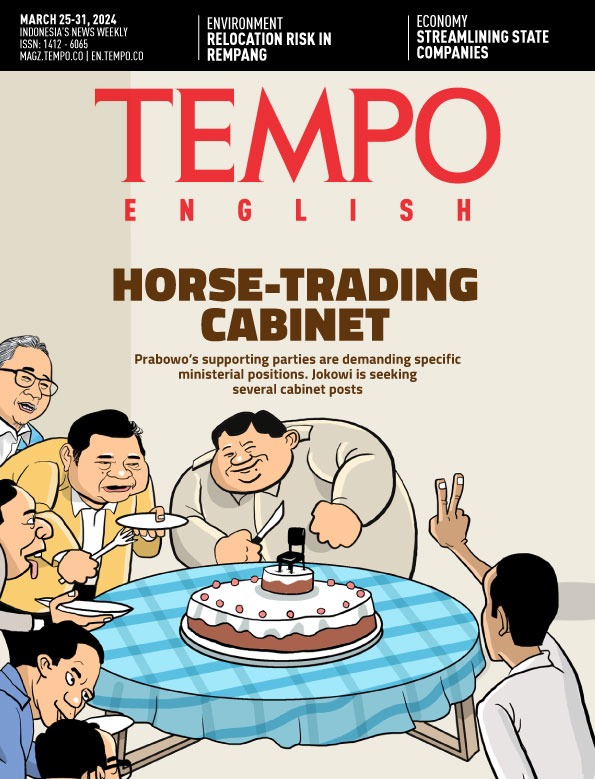Advertising
Monday, December 7, 2020
arsip tempo : 171359715351.

I think this is why people speak about ‘post-truth’. Truth comes and goes quickly, blinking off and on, like a flashlight in the hand of a fugitive.
Yes, we are living in acceleration: eating, working, traveling, thinking, constantly speeding up. In rapid succession. Production, distribution, consumption whipped along by the fear of falling behind. T.S. Eliot was not wrong when he said this is the time of “The endless cycle of
...
Subscribe to continue reading.
We craft news with stories.
 For the benefits of subscribing to Digital Tempo, See More
For the benefits of subscribing to Digital Tempo, See More









